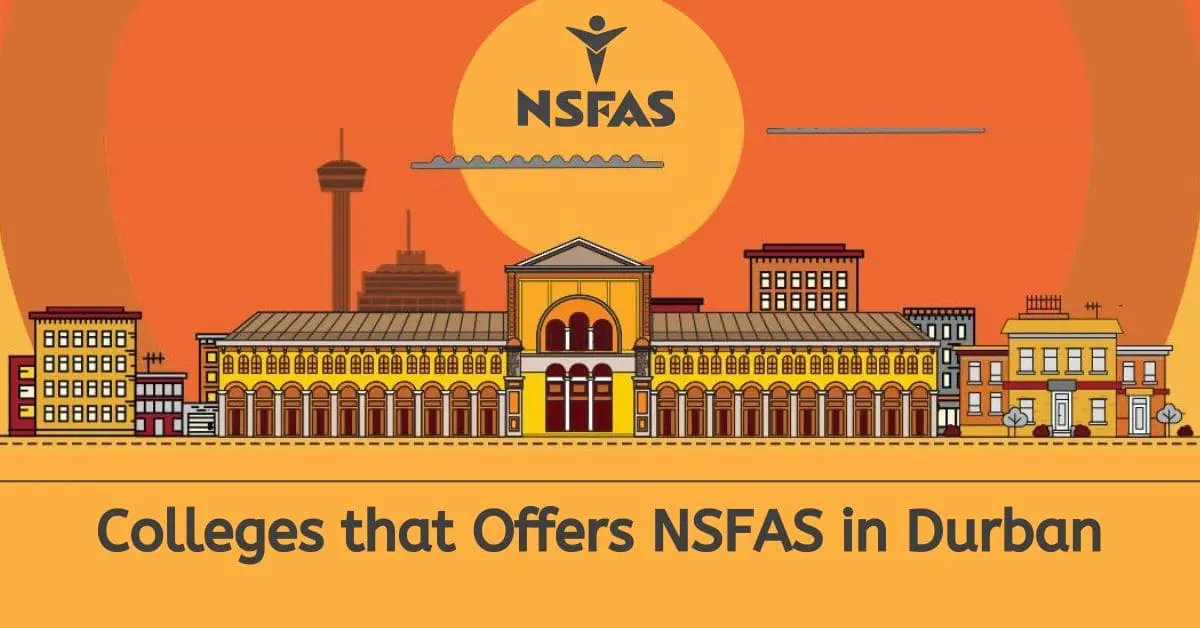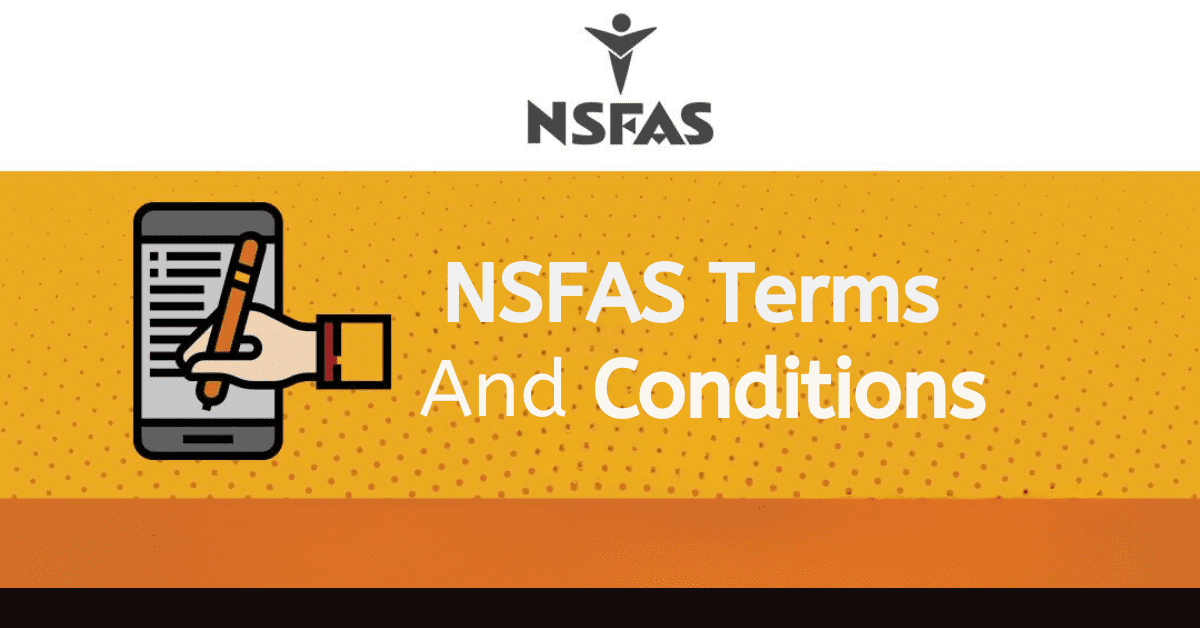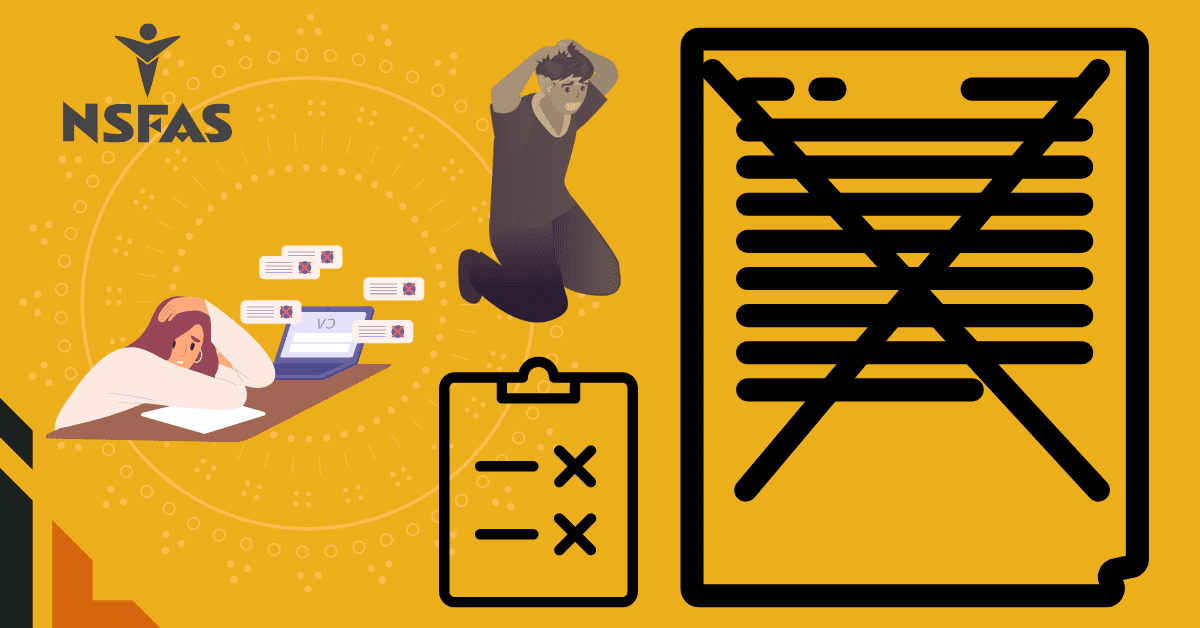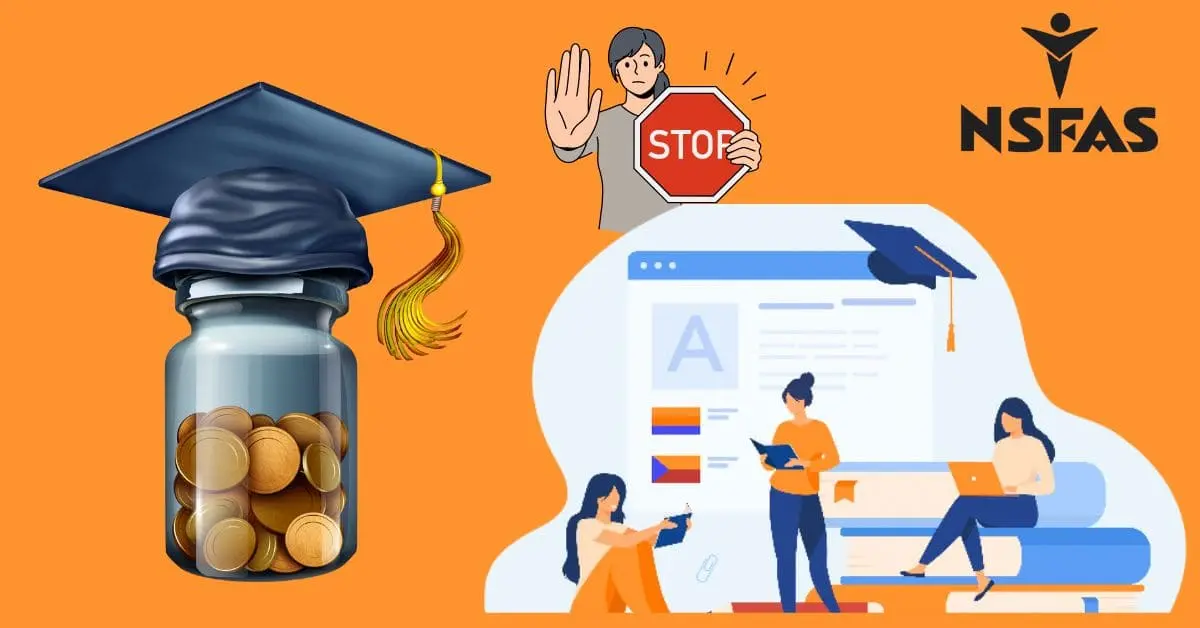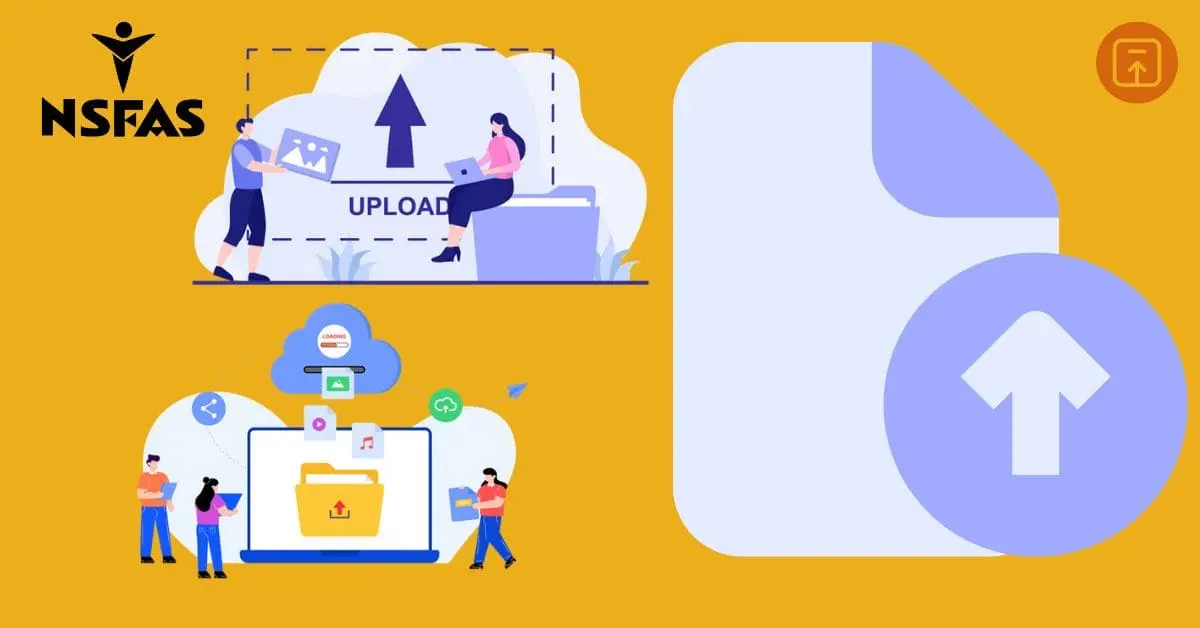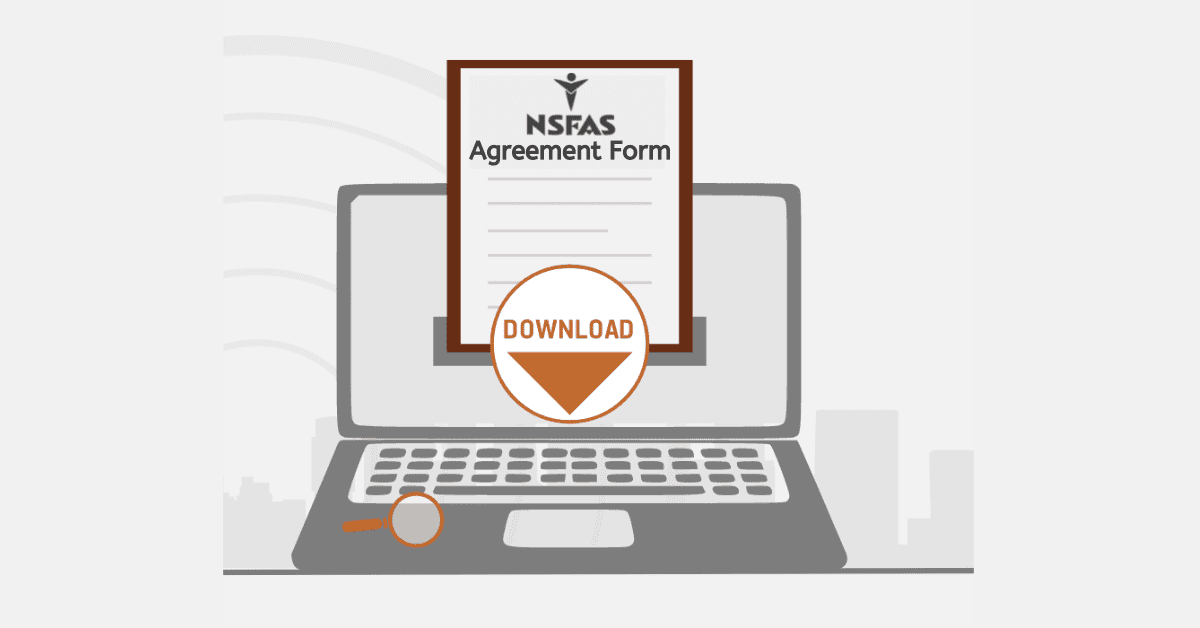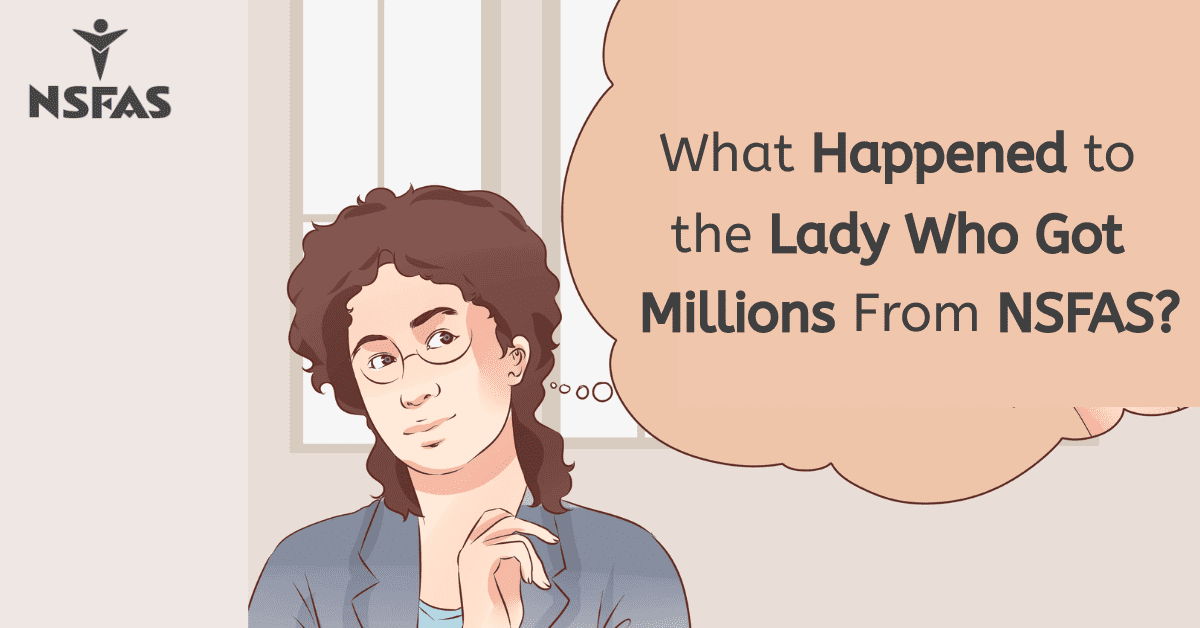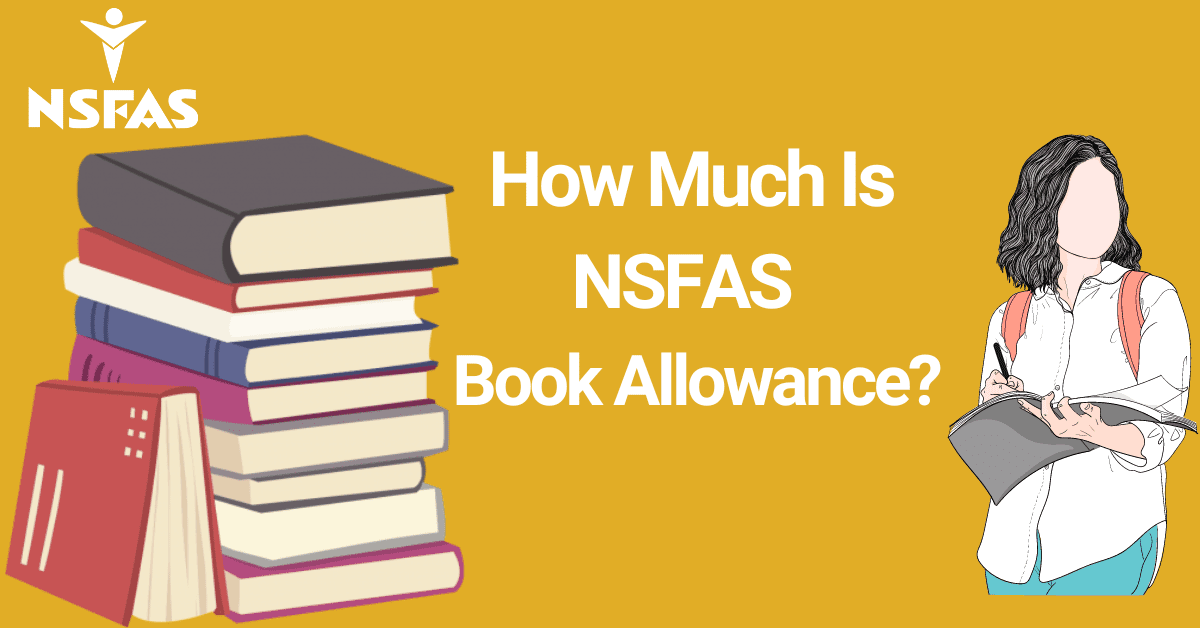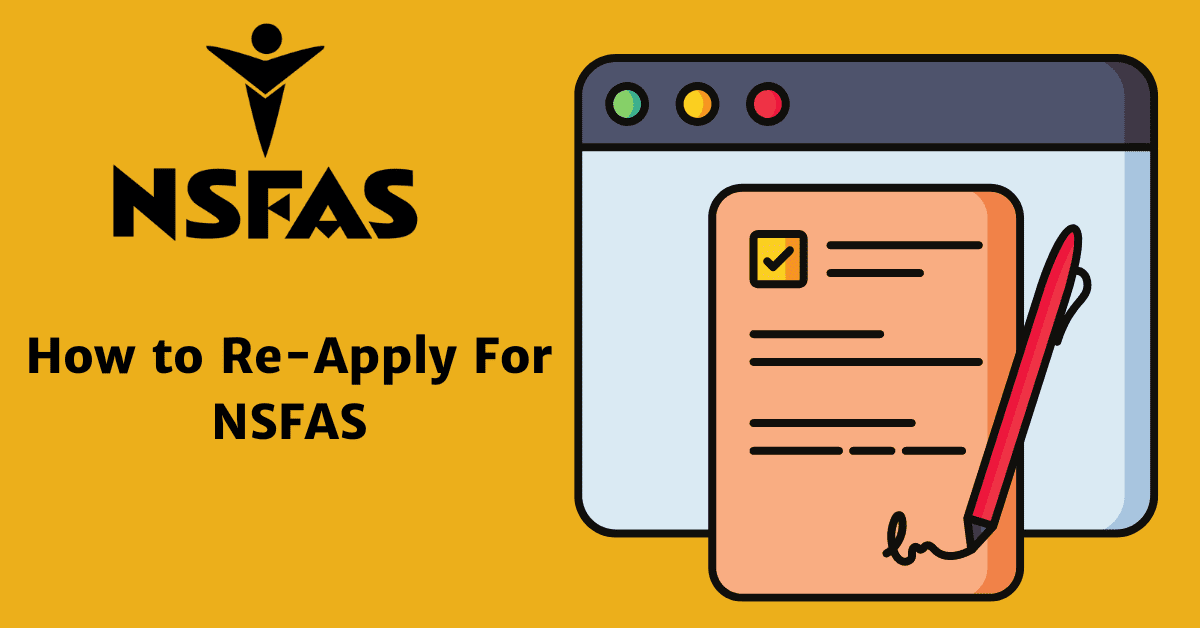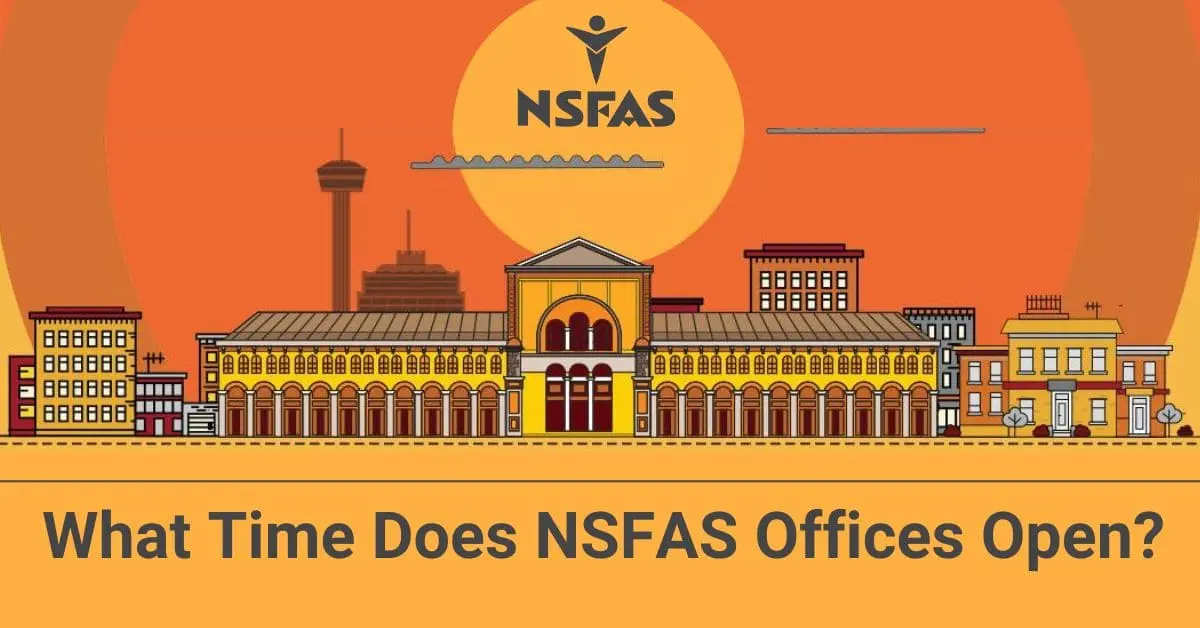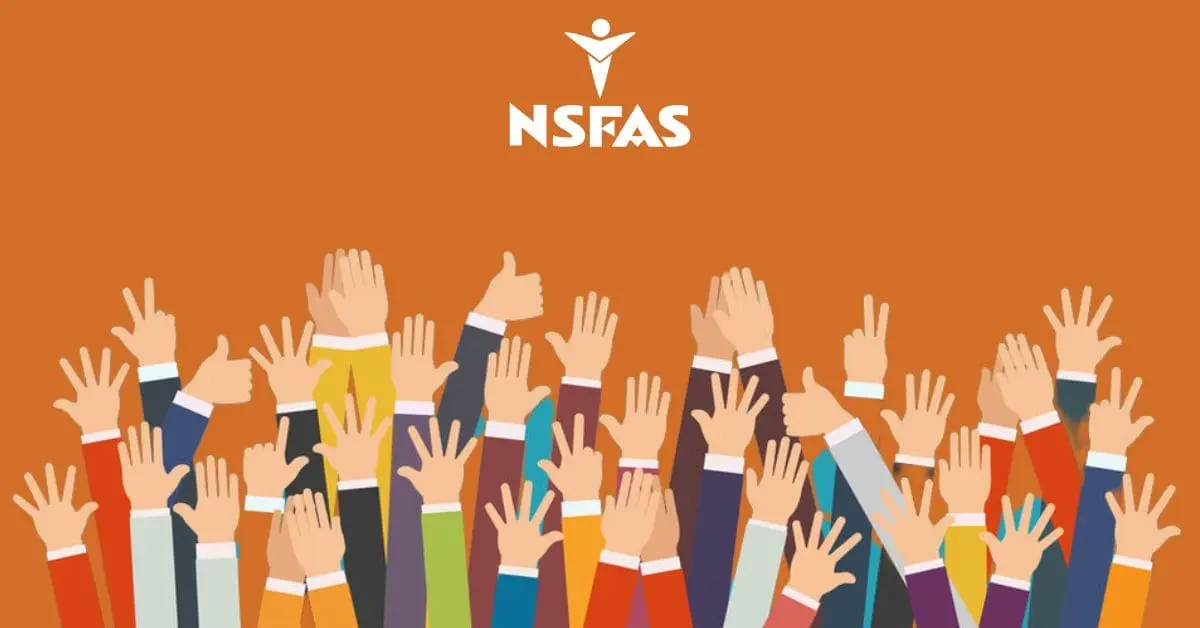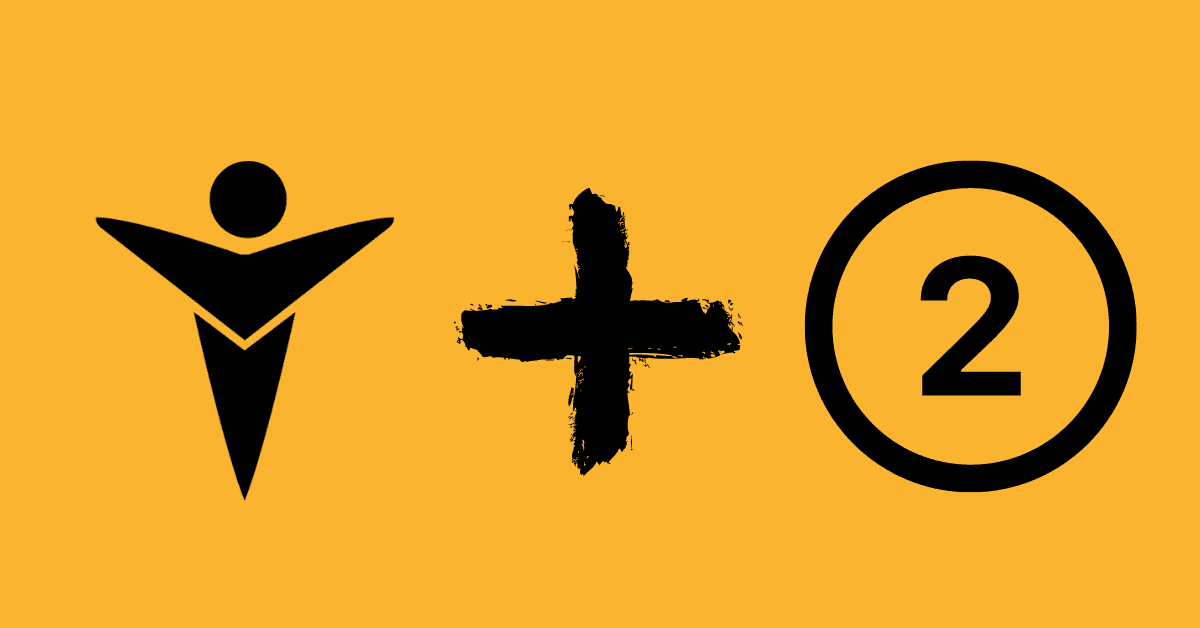As a first-time student enrolled for studies at any accredited tertiary institution or TVET college, one is guaranteed the liberty to apply to the scheme as long as eligibility requirements are met. However, if you are a returning student seeking to fund your studies and you are looking to ascertain your eligibility for the scheme, this article is just the right fit for you.
In the subsequent sections, we will focus on the eligibility criteria a returning student has to satisfy to apply for the scheme, presenting additional information on other pertinent questions.
NSFAS Requirements for Returning Students
The average returning student desiring NSFAS funding support must know the scheme’s eligibility requirements.
As per the eligibility requirements of NSFAS, students are expected to meet the following criteria to qualify for support from the scheme:
- Must hold South African citizenship status.
- Meet the income benchmark of a total annual household income not exceeding 350, 000 South African Rand
- Meet the income benchmark of a total annual household income not exceeding 600,000 South Africa Rand for applicants living with a disability.
- Meet the income benchmark of a total annual household income not exceeding 122 000 South Africa Rand for returning students who had enrolled for studies before 2018.
- Be enrolled at an accredited public university or technical and vocational education training (TVET) college in South Africa. However, such a student must be registered for a first tertiary qualification. Students pursuing a second tertiary qualification are not allowed to apply.
Returning students who have received SASSA grants are granted automatic eligibility for the NSFAS.
How Do Returning Students Apply For NSFAS?
The application process for returning students is not different from the normal procedure followed by any individual applying for the scheme. To apply for NSFAS as a returning student, all you have to do is spelt out the following steps:
- Visit www.nsfas.org.za
- Proceed to sign in page of the MyNSFAS portal
- Input your log-in credentials
- Once logged in, click on the Apply Tab to initiate the application
- Input your up-to-date personal information
- Upload required supporting documentation
- Click ‘Submit’
Can returning students apply for NSFAS?
As a returning student, you can apply for NSFAS as long as you meet the eligibility criteria stipulated by the scheme.
Should returning students reapply for NSFAS?
Returning students do not need to reapply to the NSFAS. The National Financial Aid Scheme (NSFAS) makes funding decisions for the subsequent year after the first year of funding based on the student’s academic records and the N+ rule.
Can I apply for NSFAS if I was previously funded?
If you are a previous beneficiary of funding from the National Student Financial Aid Scheme (NSFAS), you can apply again as long as you meet the eligibility criteria and the stipulations of the N+ rule.
Does NSFAS fund continuing students?
The NSFAS funds continuing students as long as they meet eligibility requirements and stipulations of the N+ rule. Such students are also required to hold no additional source of funding.
How Much Will NSFAS Give Returning Students?
Recipients of NSFAS funding are typically given monthly allowances that cover the following needs:
- Registration fees
- Tuition fees
- Allowances for food, personal care, learning material, and housing.
A breakdown of these allowances per month is given below:
Living allowance
- Amount per month – 1250
- Amount per annum – 15000
Travel allowance
- Amount per month – 625
- Amount per annum – 7500
Study materials
- Amount per month – 433
- Amount per annum – 5196
Incidental Allowance
- Amount per month – 241
- Amount per annum – 2900
Accommodation
A host of factors determines the amount received for accommodation. These factors include the student’s institution, location, and type of housing unit. For instance, students enrolled for studies at Stellenbosch University can expect to receive a maximum rate of 5970 South Africa Rand. This rate, however, applies to students living in private housing units.
In total, returning students receive around 34,250 South Africa Rand in allowances from the National Student Financial Aid Scheme (NSFAS) per year.

